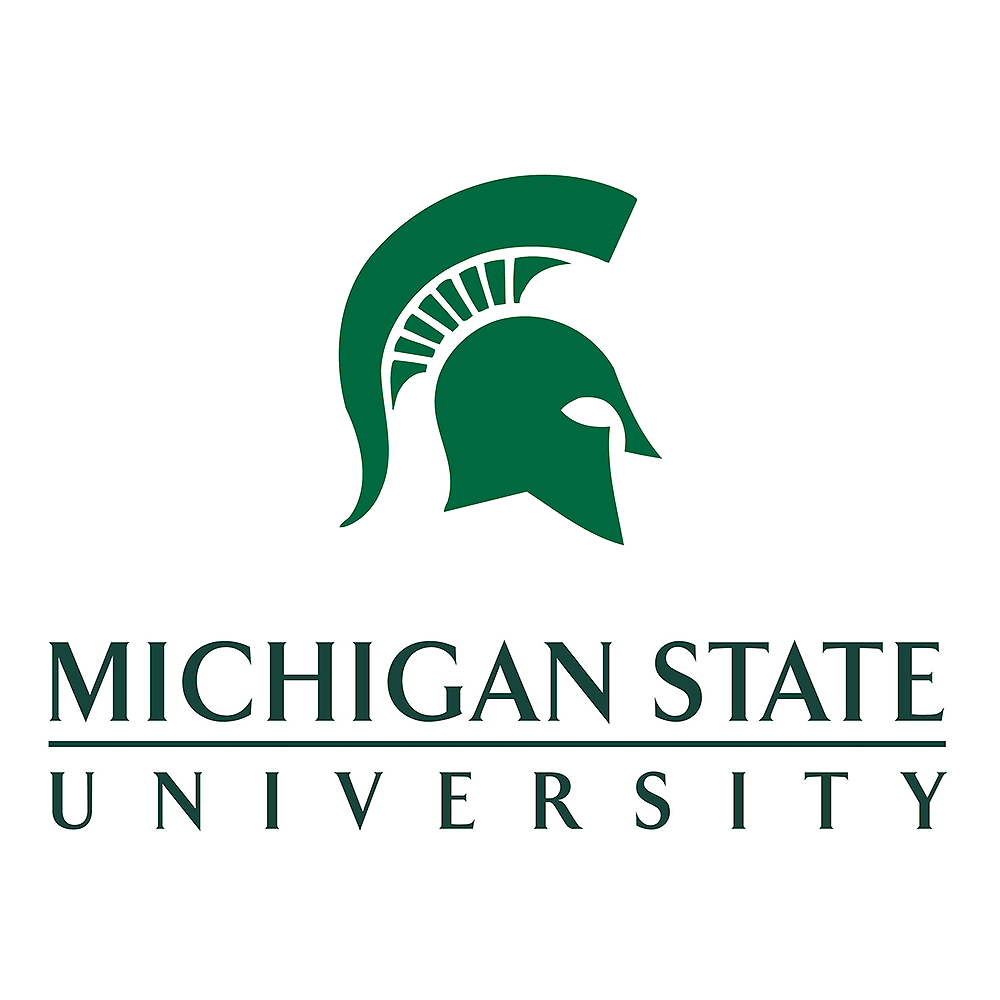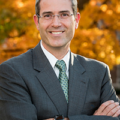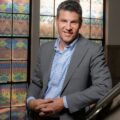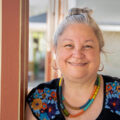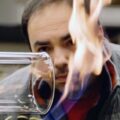Devon Akmon is an innovative, strategic, and results-driven leader with a proven track record in the cultural management and informal learning sectors. Currently, he serves as the Director of Michigan State University (MSU) Museum and as a core faculty member in MSU’s Arts, Cultural Management & Museum Studies program.
Since joining MSU at the onset of the global pandemic in 2020, Devon has successfully integrated Science Gallery Detroit, which he was initially hired to lead, into the MSU Museum. This repositioned the former institution as the CoLab Studio. The CoLab, an innovative division of the MSU Museum, fosters experimentation and innovation through novel programming. To align with MSU’s academic mission, Devon led the staff in formulating a strategic plan that will steer the future activities and growth of the MSU Museum. This plan outlines ambitious goals, clear objectives, and pragmatic strategies, ensuring the Museum’s relevance in an ever-evolving landscape. Concurrent with the unveiling of the strategic plan, the Museum launched a new brand, symbolizing its renewed vision, values, and aspirations. This marks a significant chapter in the MSU Museum’s journey, setting the stage for future growth and transformation.
Before joining MSU, Devon served as a Senior Consultant with the DeVos Institute of Arts Management at the University of Maryland, providing organizational guidance to over 70 cultural institutions across the United States. His work spanned artistic and strategic planning, community engagement, marketing, fundraising, and board development, underlining his versatile expertise in cultural institution management.
His notable tenure as the Director of the Arab American National Museum (AANM) further underscores his leadership prowess. Initially joining as a Curator of Community History when the museum opened in 2005, his career trajectory led to his appointment as Deputy Director in 2009 and subsequently as Director in 2013. Devon’s leadership catalyzed both the physical and thematic expansion of the museum, which included the addition of the Annex, a community arts space, and an artist-in-residency unit in the neighboring City Hall Artspace Lofts. Under Devon’s guidance, the AANM achieved several milestones, becoming a member of the National Performance Network and an internationally recognized TAKREEM Laureate for Cultural Excellence. Furthermore, the AANM became an Affiliate of the Smithsonian Institution and attained Accreditation from the American Alliance of Museums, a prestigious distinction, all within a decade of its inauguration.
In addition to his executive roles, Devon currently serves on the board of the American Alliance of Museums and Artspace. He has also held positions on numerous other governing boards, advisory committees, and national grant-making review panels, including those for the National Endowment for the Arts and the Institute for Museum and Library Services. Devon has distinguished himself as a keynote speaker at national conferences, among them those hosted by the National Council on Public History and Grantmakers in the Arts. Frequently speaking at industry forums and conferences, he continues to demonstrate his unwavering commitment to the advancement of the arts and sciences, underscored by his extensive leadership experience and dedicated service.
Devon also devotes his time to public service in the communities where he lives and works. Previously, his contributions included service on the Broadway Historic District Study Committee, the Public Art Commission, the Equitable Engagement Steering Committee, and the Vision Zero Implementation Subcommittee for the City of Ann Arbor, as well as the East Dearborn Downtown Development Authority.
Devon is an alumnus of Eastern Michigan University, where he earned his M.S., and Michigan State University, from which he holds a B.A. He is a recognized leader in his field, having been named one of Crain’s Detroit Business magazine’s “40 Under 40” business leaders and an American Express NGen Fellow with the Independent Sector.

